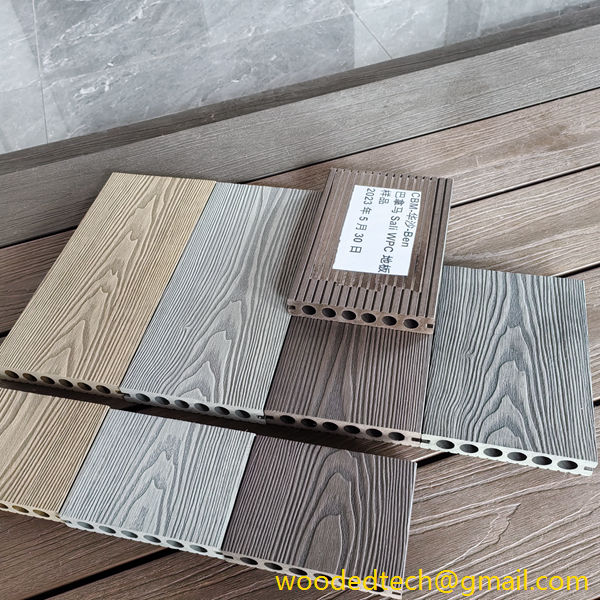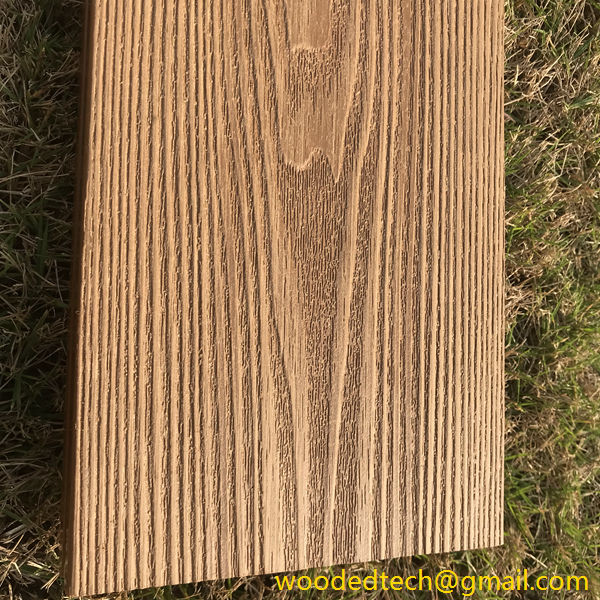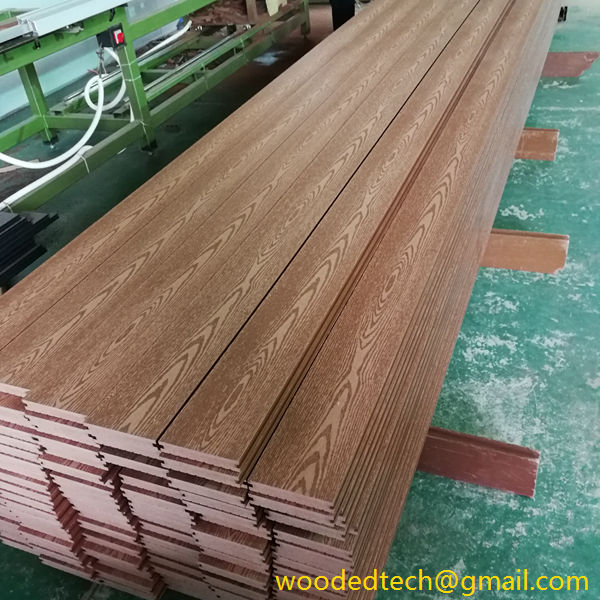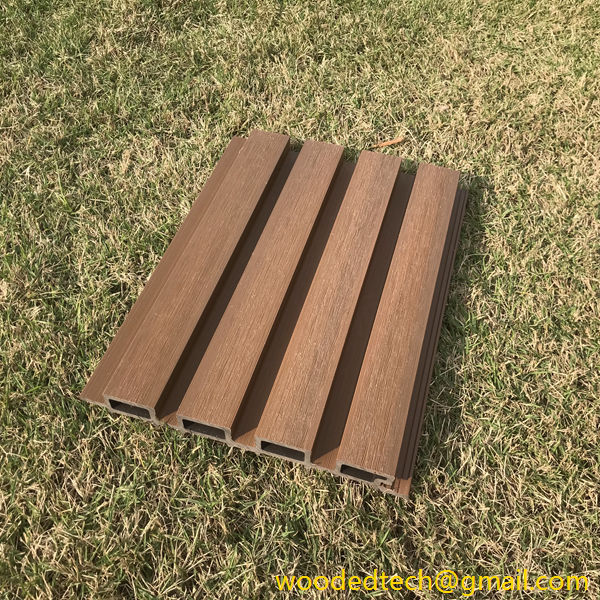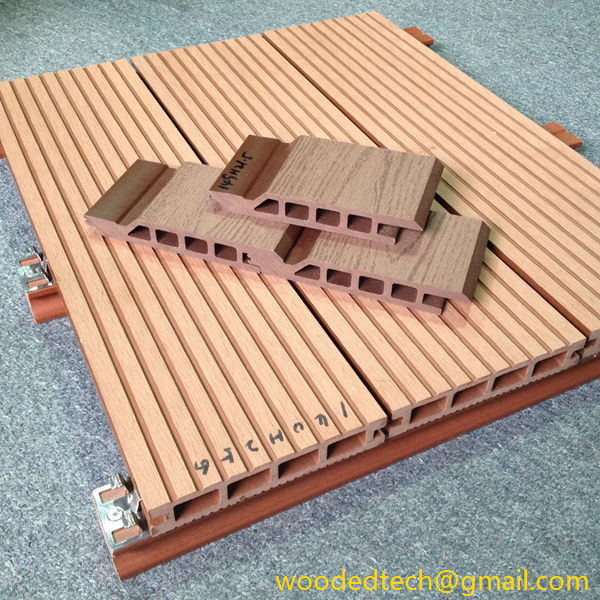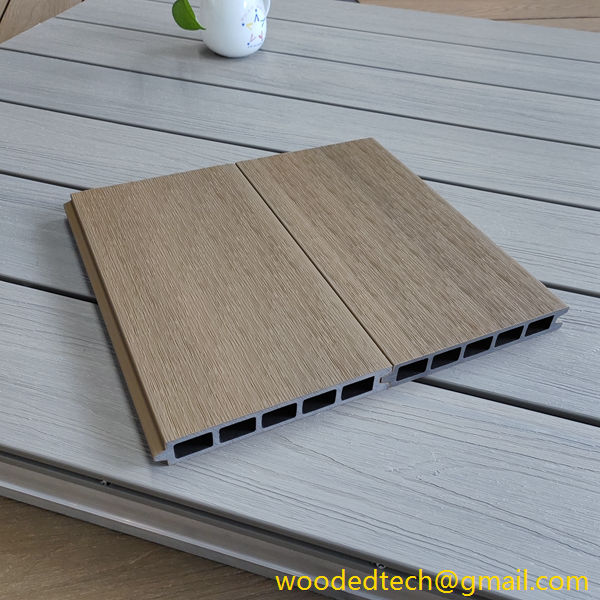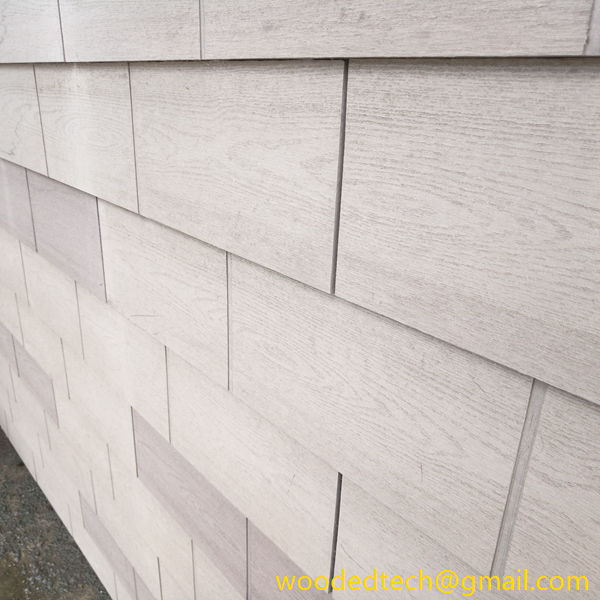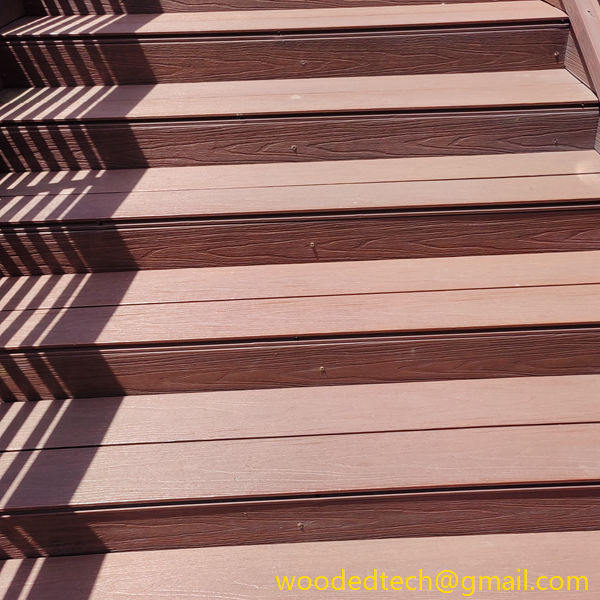Advantages of Non-Wood Decking for Low Maintenance
Advantages of Non-Wood Decking for Low Maintenance The trend toward non-wood decking materials is gaining momentum as homeowners and builders increasingly seek low-maintenance solutions for outdoor spaces. Non-wood decking refers to materials such as composite, PVC, and aluminum that offer various advantages over traditional wood decking. With the rising demand for sustainable and durable options,…
Advantages of Non-Wood Decking for Low Maintenance
The trend toward non-wood decking materials is gaining momentum as homeowners and builders increasingly seek low-maintenance solutions for outdoor spaces. Non-wood decking refers to materials such as composite, PVC, and aluminum that offer various advantages over traditional wood decking. With the rising demand for sustainable and durable options, it’s essential to explore the benefits of non-wood decking, particularly regarding its low maintenance requirements.
One of the most significant advantages of non-wood decking is its exceptional durability. Unlike traditional wood, which can be prone to warping, splitting, and rotting over time due to exposure to the elements, non-wood materials are engineered to withstand various weather conditions. Composite decking, for example, is typically made from a blend of recycled plastic and wood fibers, providing a robust structure that resists fading, staining, and mold growth. This durability means that homeowners can enjoy their decks for many years without the need for frequent repairs or replacements.
Another key factor contributing to the low maintenance appeal of non-wood decking is its resistance to pests. Wooden decks are often susceptible to infestations from termites, carpenter ants, and other wood-destroying insects. These pests can cause significant damage, necessitating costly repairs and treatments. Non-wood materials, on the other hand, are designed to be pest-resistant, eliminating the need for chemical treatments and reducing the risk of infestations. This feature not only saves homeowners time and money but also promotes a healthier outdoor environment.
Furthermore, non-wood decking requires minimal upkeep compared to its wooden counterparts. Traditional wood decks often need regular sealing, staining, and painting to maintain their appearance and integrity. This ongoing maintenance can be time-consuming and costly. In contrast, non-wood decking typically only requires periodic cleaning with soap and water to remove dirt and debris. Some manufacturers even offer products specifically designed to clean composite and PVC decking, making the process even easier. This low-maintenance requirement is particularly appealing to busy homeowners who want to spend their weekends enjoying their outdoor spaces rather than performing upkeep.
The aesthetic versatility of non-wood decking is another advantage that contributes to its popularity. Homeowners can choose from a wide range of colors, textures, and finishes that mimic the appearance of traditional wood while providing the benefits of low maintenance. Many composite decking products come with realistic wood grain patterns, allowing homeowners to achieve the desired look for their decks without the drawbacks associated with natural wood. This versatility means that non-wood decking can complement various architectural styles and landscaping designs, making it an attractive option for a diverse array of homes.
Environmental sustainability is also a significant factor driving the demand for non-wood decking. Many composite products are made from recycled materials, reducing the reliance on virgin timber and minimizing the environmental impact of decking production. Homeowners who prioritize eco-friendly choices in their home improvement projects can feel good about selecting non-wood decking, knowing they are contributing to a more sustainable future. Additionally, the long lifespan of non-wood materials means that fewer resources are needed for replacements over time, further enhancing their eco-friendly credentials.
Another compelling benefit of non-wood decking is its slip resistance and safety features. Many composite and PVC decking products are designed with textured surfaces that provide better traction, reducing the risk of slips and falls, especially in wet conditions. This is particularly important for families with children or elderly individuals who may be more susceptible to accidents. The added safety features of non-wood decking make it an ideal choice for pool decks and outdoor entertaining areas, where wet surfaces can pose a hazard.
Cost-effectiveness is another aspect worth considering when examining the advantages of non-wood decking. While the initial investment for non-wood materials may be higher than for traditional wood, the long-term savings can be significant. The reduced need for maintenance, repairs, and treatments translates to lower ongoing costs, making non-wood decking a financially savvy choice in the long run. Additionally, many non-wood products come with warranties that cover fading, staining, and structural integrity, providing homeowners with peace of mind regarding their investment.
The ease of installation is also a notable advantage of non-wood decking. Many manufacturers offer systems that allow for straightforward installation, reducing the time and labor costs associated with decking projects. Some non-wood materials feature hidden fastening systems that create a clean, seamless look without visible screws or nails. This ease of installation appeals to both DIY enthusiasts and professional contractors, further driving the popularity of non-wood decking solutions.
In conclusion, the booming market for non-wood decking reflects a growing awareness of the many advantages these materials offer, particularly in terms of low maintenance. The durability, pest resistance, minimal upkeep, aesthetic versatility, environmental sustainability, safety features, cost-effectiveness, and ease of installation make non-wood decking an attractive option for homeowners looking to enhance their outdoor spaces. As more people recognize the benefits of non-wood materials, it is likely that this trend will continue to grow, leading to an even broader array of options in the market. Whether for residential patios, pool areas, or commercial properties, non-wood decking is poised to become a standard choice for those seeking stylish and low-maintenance outdoor solutions.

